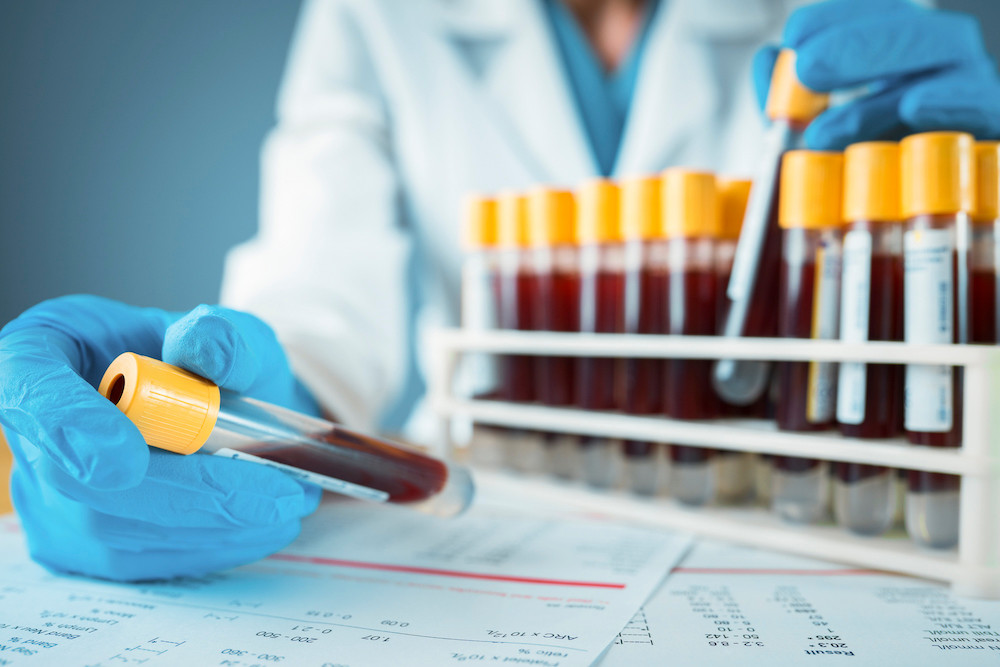As calls mount for life to return to normal, a test to see who has immunity to COVID-19 holds the key to reopening California’s economy. But there are hurdles: Competition to procure limited tests is ramping up, even as the tests’ accuracy remains contested, the Los Angeles Times reports.
Unlike diagnostic tests, blood-based, or serology, tests don’t determine if you have the virus. They gauge if you have developed antibodies, or an immune response, to the virus. But questions remain.
- How reliable are the tests? Nearly 100 types of serology tests have entered the U.S. market due to a loosening in federal regulations. Not all are accurate. “We … have been receiving some of these kits, and we decided to test them to see how well they worked. And some of them weren’t very good,” said Yvonne Maldonado, a Stanford infectious-disease expert.
- What do antibodies mean? Even if reliable tests show someone has antibodies, that doesn’t guarantee current or long-term immunity. And researchers still don’t know if you can contract the virus more than once.
Meanwhile, components needed to expand diagnostic testing for the virus — the first step to reopen California’s economy — are in short supply, Gov. Gavin Newsom said Tuesday.
- Newsom: The Trump administration “knows this. We need more of those supplies, but we’re not just going to sit on our hands in the absence of that. … And so we’ll continue to search high and low and continue to make progress in this space.”
The Bottom Line: As of 8 p.m. Tuesday night, California had 35,802 confirmed coronavirus cases and 1,332 deaths from the virus, according to a Los Angeles Times tracker. (These numbers are different from those of the state Department of Public Health, which are updated less often.)
Also: CalMatters is tracking, by county, positive and suspected cases of COVID-19 patients hospitalized throughout the state. We’re also tracking the state’s daily actions. And we have an explainer for everything you need to know about California’s response to coronavirus.
